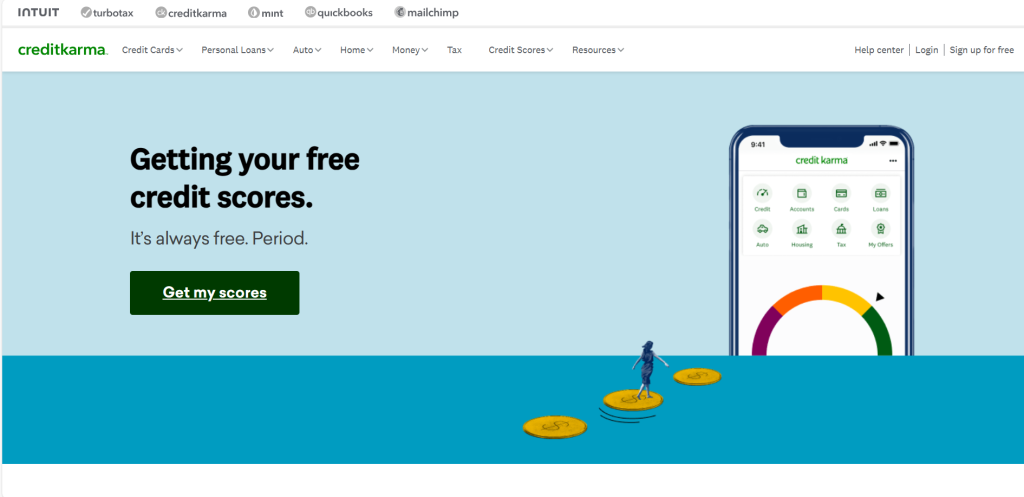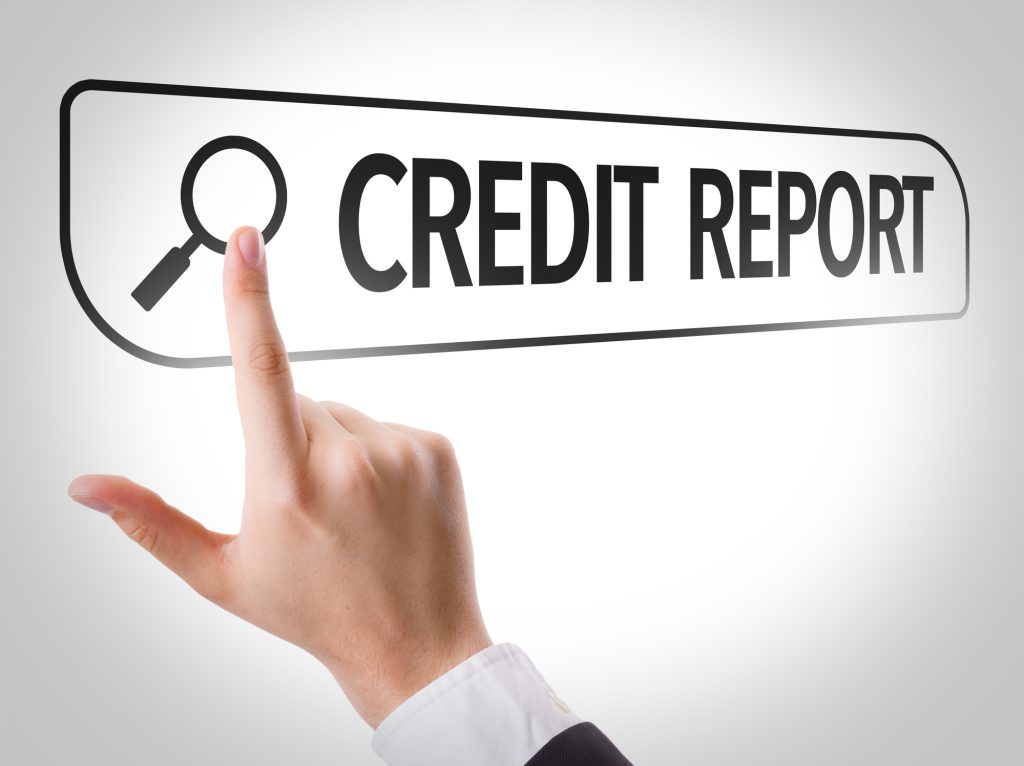Quick takeaways:
- The credit score represents someone’s credit risk and is a key determinant of the financial opportunities available to them
- Generally speaking, a credit score above 660 is considered good.
- Factors that can enhance or hurt your credit score include payment history, the amount owed, length of credit history, credit mix, and new credit; however, it’s not influenced by net worth, income, employment history, or any demographic traits.

Your credit score can make or break your application for credit cards, loans, mortgages, housing, and even job opportunities.
In addition, it may dictate the amount of credit, repayment terms, and interest rates available to you.
But how exactly is it calculated? And, most importantly, what practical steps can you take to improve your score? In this post, we’ll cover all that and more!
What is a credit score?
The credit score is an indicator of someone’s creditworthiness. It gives lenders an assessment of the risk of lending money to that person.
It typically ranges from 300 to 850 and is based on an analysis of various financial factors, including payment history, outstanding debts, length of credit history, types of credit accounts, and recent credit inquiries.
The higher the score, the lower the perceived risk for lenders.
Whether you’re applying for a mortgage, seeking an auto loan, or even renting an apartment, building a good credit score can help you qualify for better financial opportunities.
How to get a free credit score report
Some credit card companies provide your credit score on monthly statements or through online account portals.
Additionally, many credit monitoring services and third-party websites like Credit Karma offer free access to your score to help you track changes over time.

Furthermore, you’re entitled to one free credit report every 12 months from each of the three major credit bureaus: Equifax, Experian, and TransUnion. While the information in your credit reports often doesn’t include your score, they provide detailed information about your credit history.
Why you may have different credit scores
Lenders and financial institutions often use different credit scoring models, which apply slightly distinct factors and algorithms to calculate someone’s creditworthiness.
In the U.S., the two most widely used are FICO® Score and VantageScore. Each model might also have multiple versions, contributing to score variations.
Additionally, there may be discrepancies based on the credit bureau’s data. For example, your FICO Score from Equifax might differ from the one from TransUnion due to variations in the credit reports maintained by each bureau.
What’s a good credit score? (Credit score ranges)
Each scoring model uses a different range for determining how good your score is.
Here are Fico and VantageScore credit score ranges compared:
| Category | Fico Credit Score | VantageScore |
| Excellent | 800-850 | 781-850 |
| Good | 670-799 | 661-780 |
| Fair | 580-669 | 601-660 |
| Poor or very poor | 300-579 | 300-600 |
People with excellent credit scores are likely to qualify for the best interest rates and loan terms.
A good score also indicates strong creditworthiness, and borrowers in this range might as well qualify for favorable or reasonable terms.
Those with fair credit may face higher interest rates and find it more challenging to qualify for certain loans.
And, for those with a poor credit score, subprime or high-risk loans may be the only options, and interest rates can be very high.

What influences your credit score
There are five factors in determining your credit score:
- Payment history (35%): That includes whether you’ve paid your bills on time, any late payments, how late they were, and whether you’ve had any accounts sent to collections or declared bankruptcy.
- Amount owed (30%): Also known as credit utilization, this factor considers how much of your available credit limit you’re using.
- Length of credit history (15%): It considers the age of your oldest and newest accounts and the average age of all your credit accounts. A longer credit history is seen as less risky, as creditors can use more data to determine your payment history.
- Credit mix (10%): This considers the variety of credit accounts you have, such as credit cards, installment loans, mortgages, etc. Having a mix of different types of credit can be viewed positively, as it suggests responsible management.
- New credit (10%): This factor looks at how many recently opened accounts you have and how many recent inquiries there are on your credit report. Opening multiple new credit accounts quickly can be viewed as high risk, as it signals you may be desperate financially.
Factors that don’t affect your credit score
Contrary to popular belief, your credit score isn’t influenced by factors like your net worth, income, employment history, and balances in retirement accounts. However, they can still play a role in creditors’ decision to lend you money.
Additionally, it isn’t affected by demographic traits like religion, race, nationality, age, or marital status.
Consequences of a low credit score
- Higher Interest Rates: Lenders tend to charge higher interest rates to borrowers with a lower credit score to compensate for their risk. This means you may pay more for loans and credit cards over time.
- Difficulty Securing Loans or Credit: Lenders can be hesitant to approve applications from those perceived as high risk, making it difficult for them to qualify for credit cards, mortgages, or car loans.
- Impact on Housing: Landlords and property management companies may check your creditworthiness as part of the rental application process, influencing your ability to secure housing.
- Higher Insurance Premiums: A lower rating may result in higher insurance costs, as some companies use credit scores to determine auto and homeowners insurance premiums.
- Difficulty Getting a Job: While not universal, some employers may check credit scores during hiring, especially for positions involving financial responsibilities.
- Security Deposits: A poor credit score may lead to higher security deposit requirements when setting up utility services or renting.

Nine ways to improve your credit score
#1: Pay bills on time
Consistently paying bills by their due dates is crucial for building good credit. Consider setting up automatic payments for recurring bills to ensure they’re deducted from your account on the due date and reduce the risk of forgetting or missing payments.
#2: Reduce credit card balances
Credit bureaus reward credit card holders with lower balances, especially in relation to their credit limits. Aim to keep your credit utilization rate low by paying down outstanding balances and avoiding credit card debt.
#3: Avoid opening unnecessary credit accounts
Each new loan or credit card can result in a hard inquiry on your credit report, potentially lowering your score. Only create new credit cards and accounts when necessary to avoid unnecessary impacts.
#4: Regularly check your credit report
Monitoring your credit report allows you to identify errors or unauthorized activities that may affect your score and report them promptly.
#5: Diversify your credit mix
Having a mix of credit modalities, such as credit cards, installment loans, and retail accounts, can positively impact your credit score as it showcases your ability to manage various types of credit responsibly.
#6: Maintain a long credit history
The length of your credit history also influences your score. Aim to keep longstanding credit accounts open, as they contribute positively to your credit history and overall score.
#7: Negotiate with creditors
If you’re facing financial challenges, some creditors may be willing to adjust terms or offer hardship programs, helping you avoid late payments and prevent negative impacts on your credit.
#8: Become an authorized user
Being added as an authorized user on someone else’s credit account can help you get a high credit score. However, ensure the primary account holder maintains good credit habits.
#9: Seek professional assistance
Finally, if you’re still struggling with credit issues, consider seeking assistance from credit counseling agencies. They can provide guidance on managing debt, creating a budget, and improving your overall financial situation.
Achieving a good credit score – Frequent questions (FAQ)
Can I harm my credit score by checking it?
No, checking your credit score won’t influence it, as it’s considered a soft inquiry or soft pull. This inquiry type is only visible to you and doesn’t impact your creditworthiness.
What score do I need to qualify for a credit card?
There’s no minimum credit score for applying for credit cards, as it can vary depending on the type of card and the credit card issuer. In general, if your score is considered poor or very poor, you’ll have fewer options and get a smaller credit limit and higher interest rates.
What’s the easiest way to find my credit score for free?
One of the easiest ways to find your credit score for free is through Credit Karma.
How long does negative information impact my credit score?
Detrimental data can affect your credit score for varying durations. For instance, late payments may stay on your report for seven years, while bankruptcies can linger for ten.
Can I achieve a perfect credit score?
Although achieving a perfect score of 850 is theoretically possible, it’s exceptionally rare. While pursuing an excellent rating is commendable, the benefits of having an above-average credit score are similar to those of a perfect one.
What is a credit score – Final thoughts
A good or excellent credit score is key for unlocking doors to better loan terms, credit opportunities, and financial stability.
By implementing measures like paying bills on time and keeping your credit card balances low, you can achieve a higher credit score and ensure a stronger, more secure financial future.
And remember: building credit trustworthiness is a gradual process. Be patient, stay consistent with healthy financial habits, and monitor your progress regularly to improve your score.
